Filter products
Digestive system
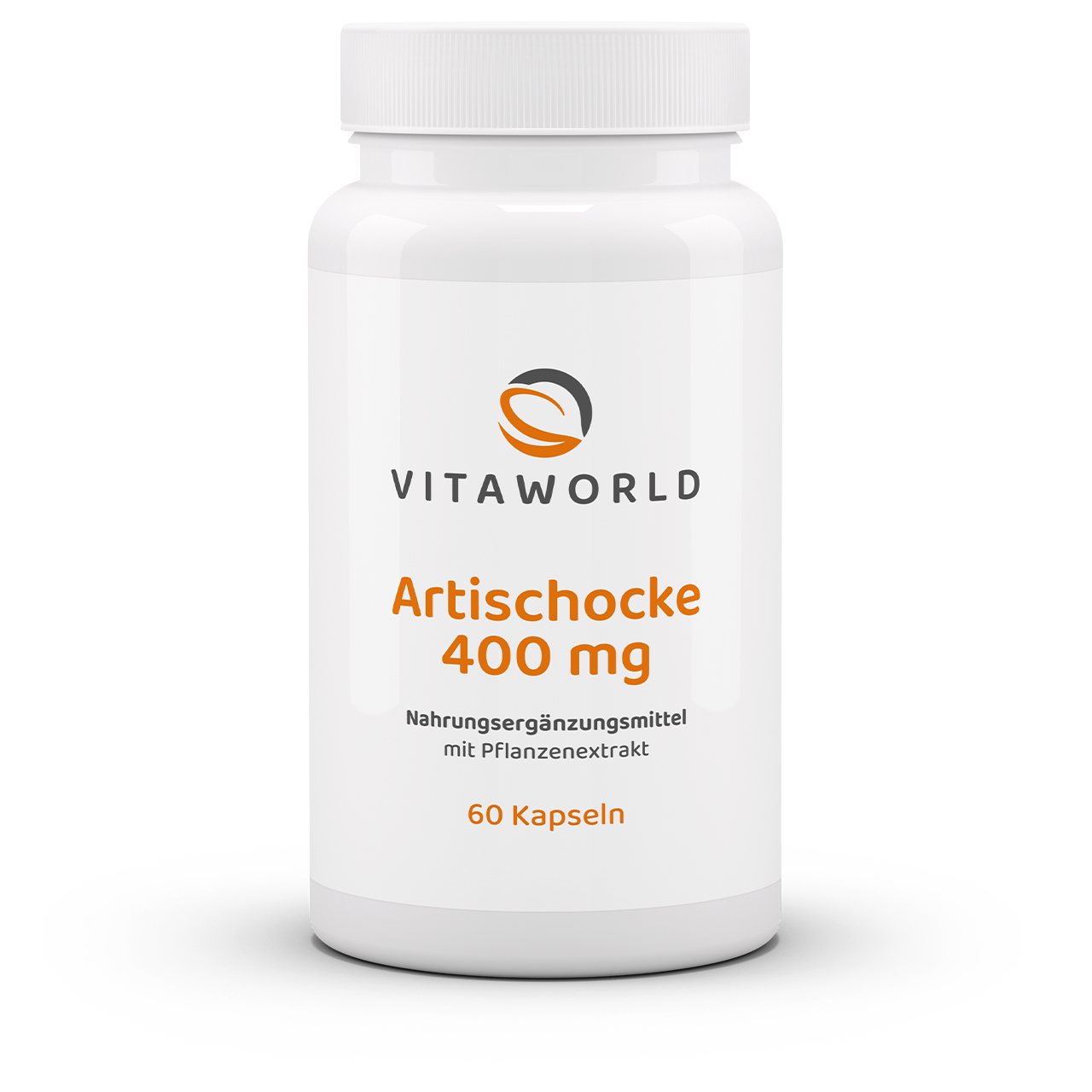
- Valuable bitter compounds from a plant with a long history
- More than just a vegetable: artichokes as part of a healthy diet
- Traditional plant from the Mediterranean region with a distinctive aroma
Content: 0.0297 Kilogramm (€400.67 / 1 Kilogramm)
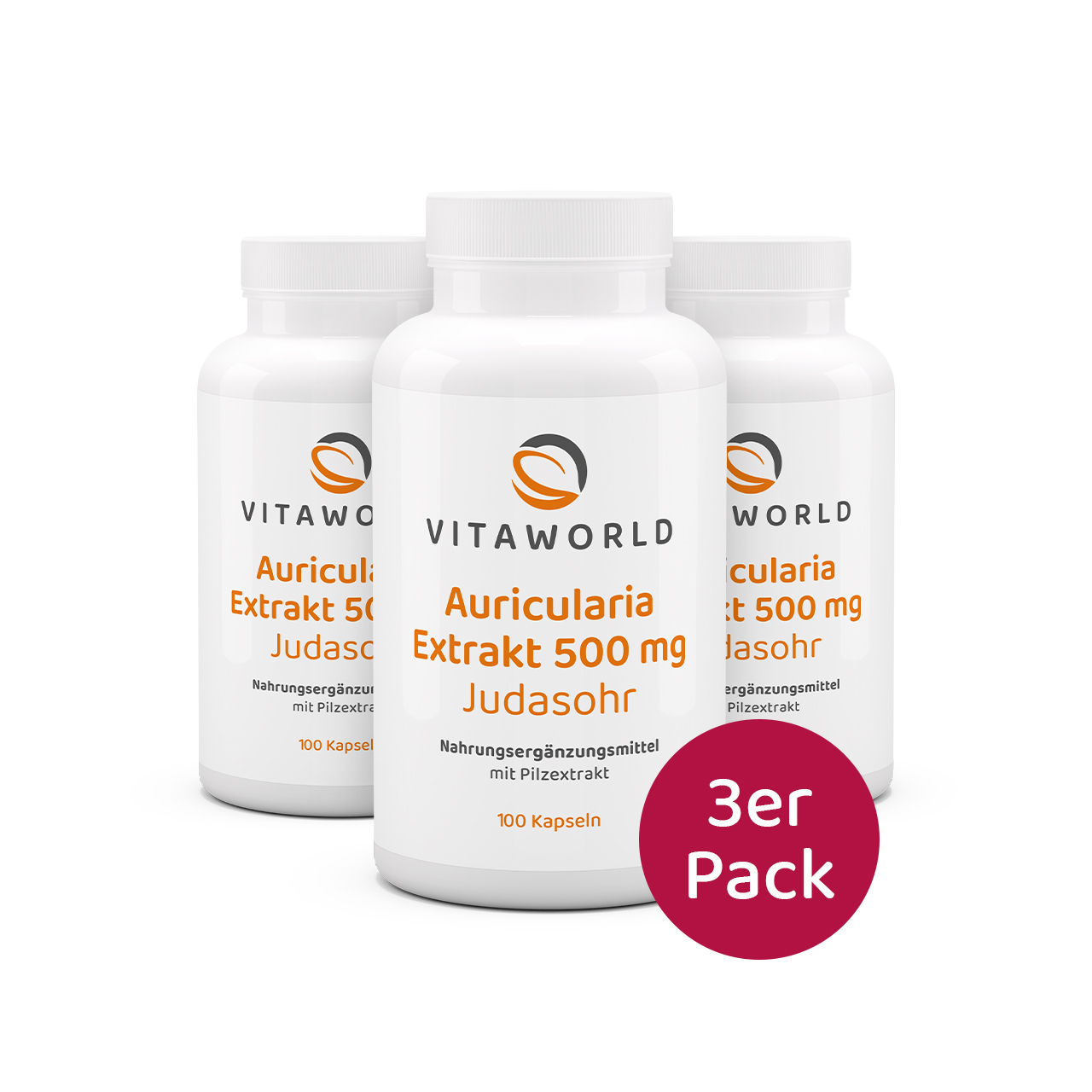
- A natural companion for everyday life – with 500 mg of Auricularia extract per capsule
- Concentrated Auricularia extract – 50% polysaccharides for the highest quality
- The power of the Judas ear
Content: 0.186 Kilogramm (€279.03 / 1 Kilogramm)

- 9 bitter herbs, alcohol-free: Discover artichoke, rosemary and more for your well-being
- Traditionally valued, modernly interpreted – valuable bitter compounds for every day
- Natural essences: dandelion, gentian and ginger – versatile and purely plant-based
Content: 0.05 Liter (€318.00 / 1 Liter)
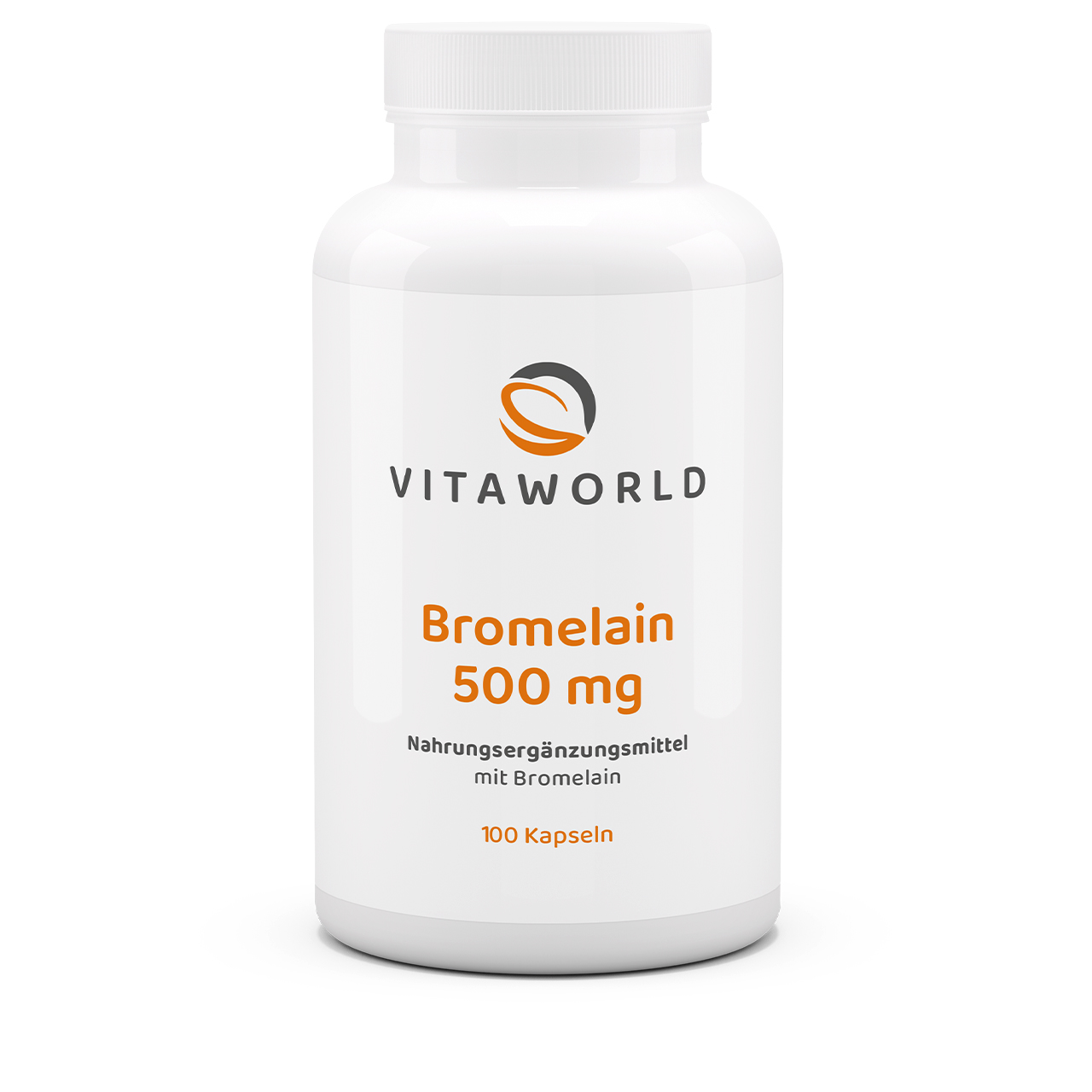
- Bromelain – 500 mg protein-splitting enzyme from pineapple
- Naturally sourced from pineapple – 500 F.I.P. bromelain per daily dose
- Plant enzyme power – concentrated bromelain from pineapple stem
Content: 0.07 Kilogramm (€241.43 / 1 Kilogramm)

- Wild harvested: High-quality chaga from natural forests in the northern hemisphere
- Compact & powerful: 500 mg concentrated extract per capsule – ideal for modern use
- Tradition meets quality: Valued for centuries – now available as a standardised extract
Content: 0.062 Kilogramm (€320.97 / 1 Kilogramm)

- Ceylon cinnamon & chromium – gentle companions for everyday blood sugar control
- Chromium contributes to maintaining normal blood sugar levels
- With vitamins & minerals – for a conscious diet and a good feeling
Content: 0.0846 Kilogramm (€140.66 / 1 Kilogramm)
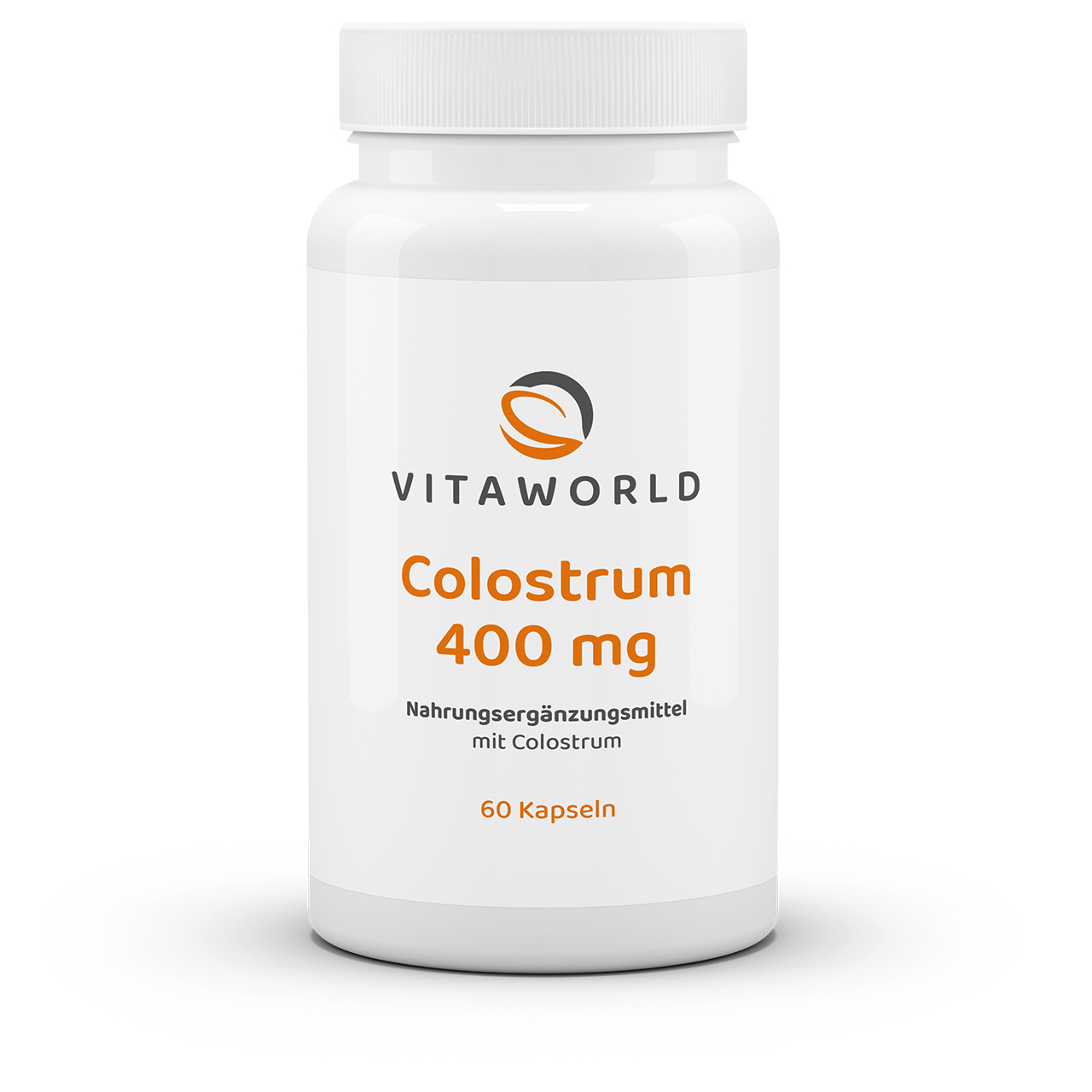
- First milk, full strength: Contains 400 mg of colostrum per capsule, obtained in the first 24 hours after calving
- Natural ingredients: Rich in natural immune factors and 160 mg of immunoglobulin per daily intake
- Rich in nutrients: Colostrum contains a variety of proteins, enzymes, vitamins and amino acids
Content: 0.0297 Kilogramm (€569.02 / 1 Kilogramm)
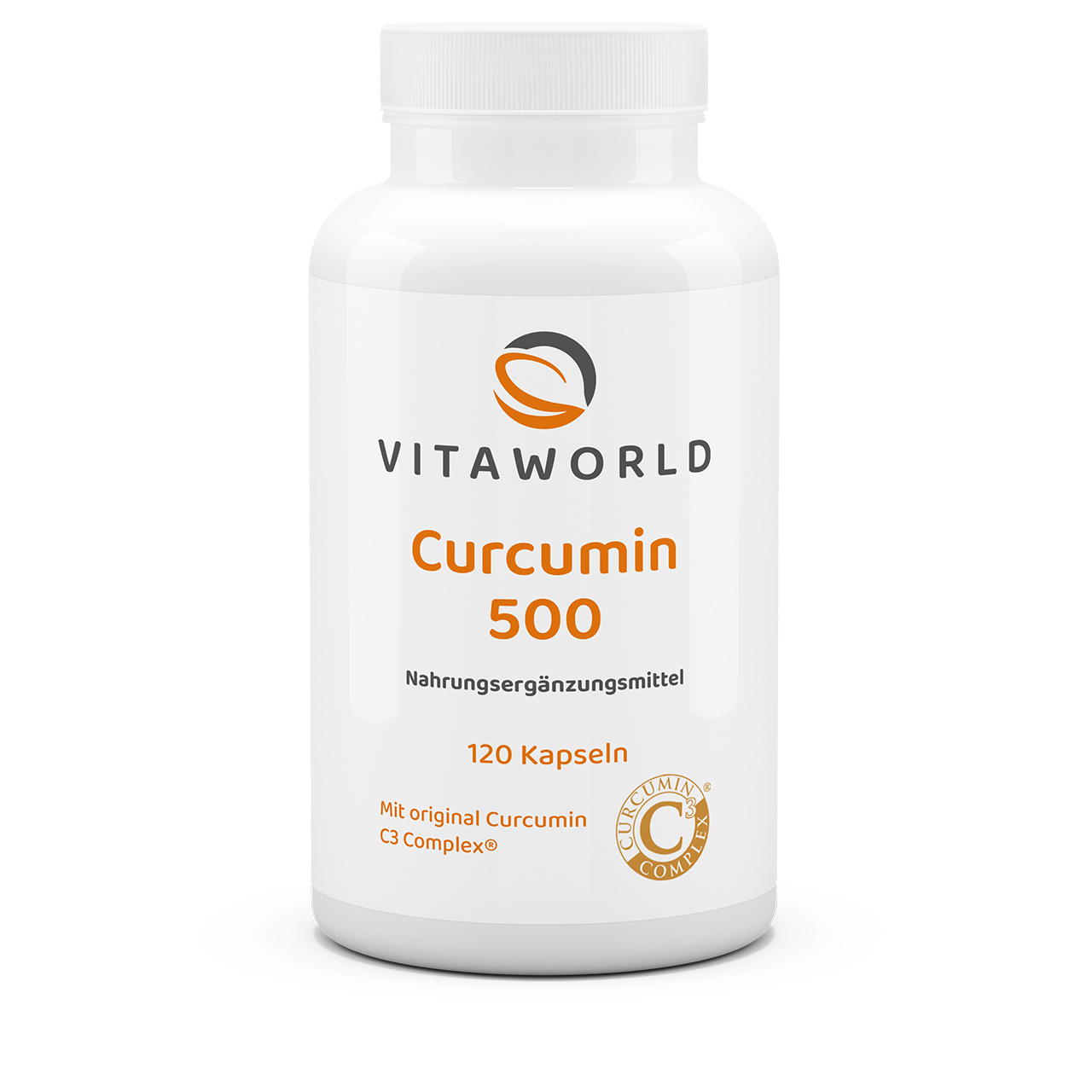
- Premium quality: With the original Curcumin C3 Complex® – 500 mg curcuminoids per capsule
- Improved absorption: Contains 10 mg piperine from black pepper
- Powerful plant power: Proven tradition – newly combined for your everyday life
Content: 0.0786 Kilogramm (€380.41 / 1 Kilogramm)
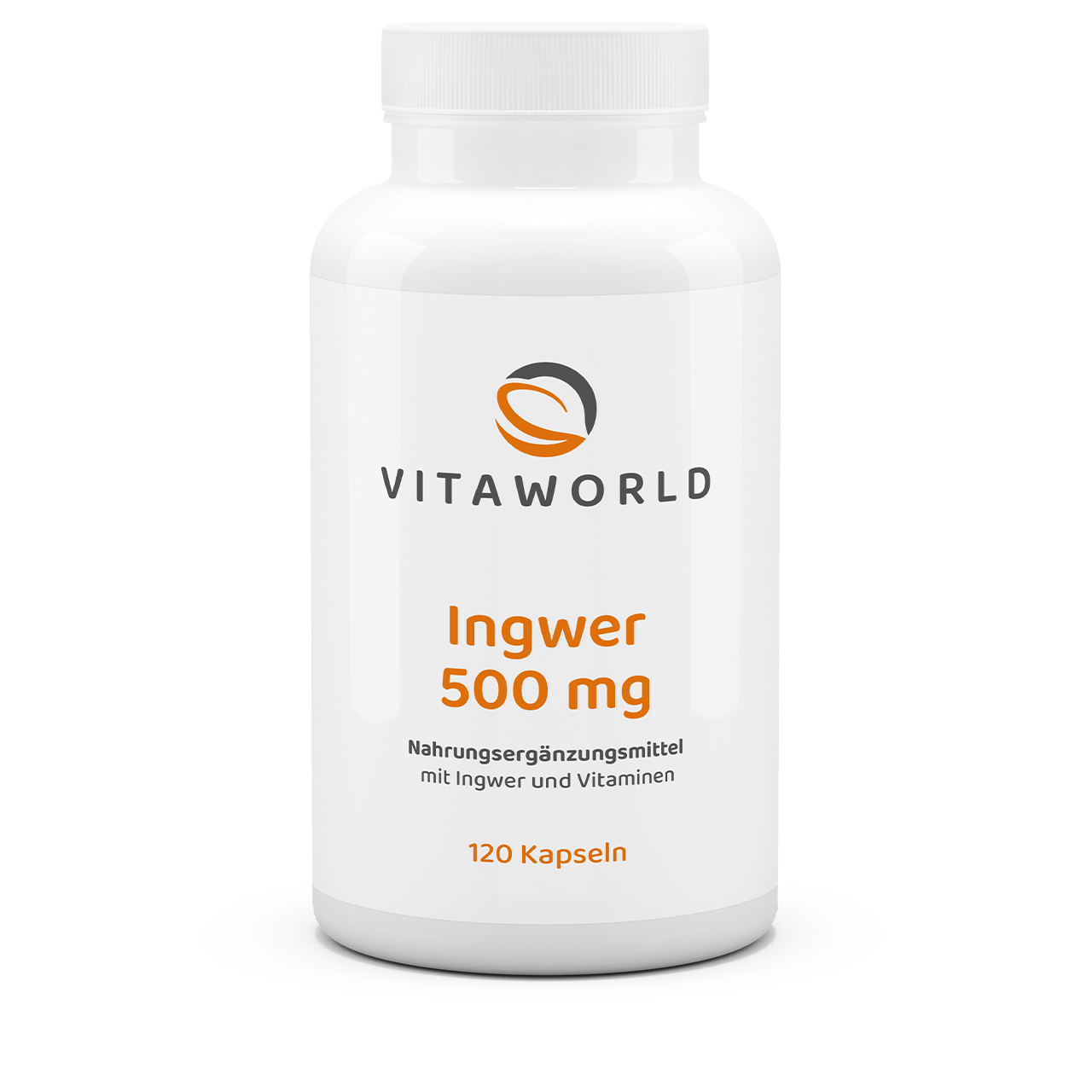
- 1000 mg ginger root powder per day – inspired by Far Eastern tradition
- With vitamins B1, B2 & B6 – to support the immune system
- Vitamin B2 contributes to the maintenance of normal mucous membranes – for your daily well-being
Content: 0.0844 Kilogramm (€176.54 / 1 Kilogramm)
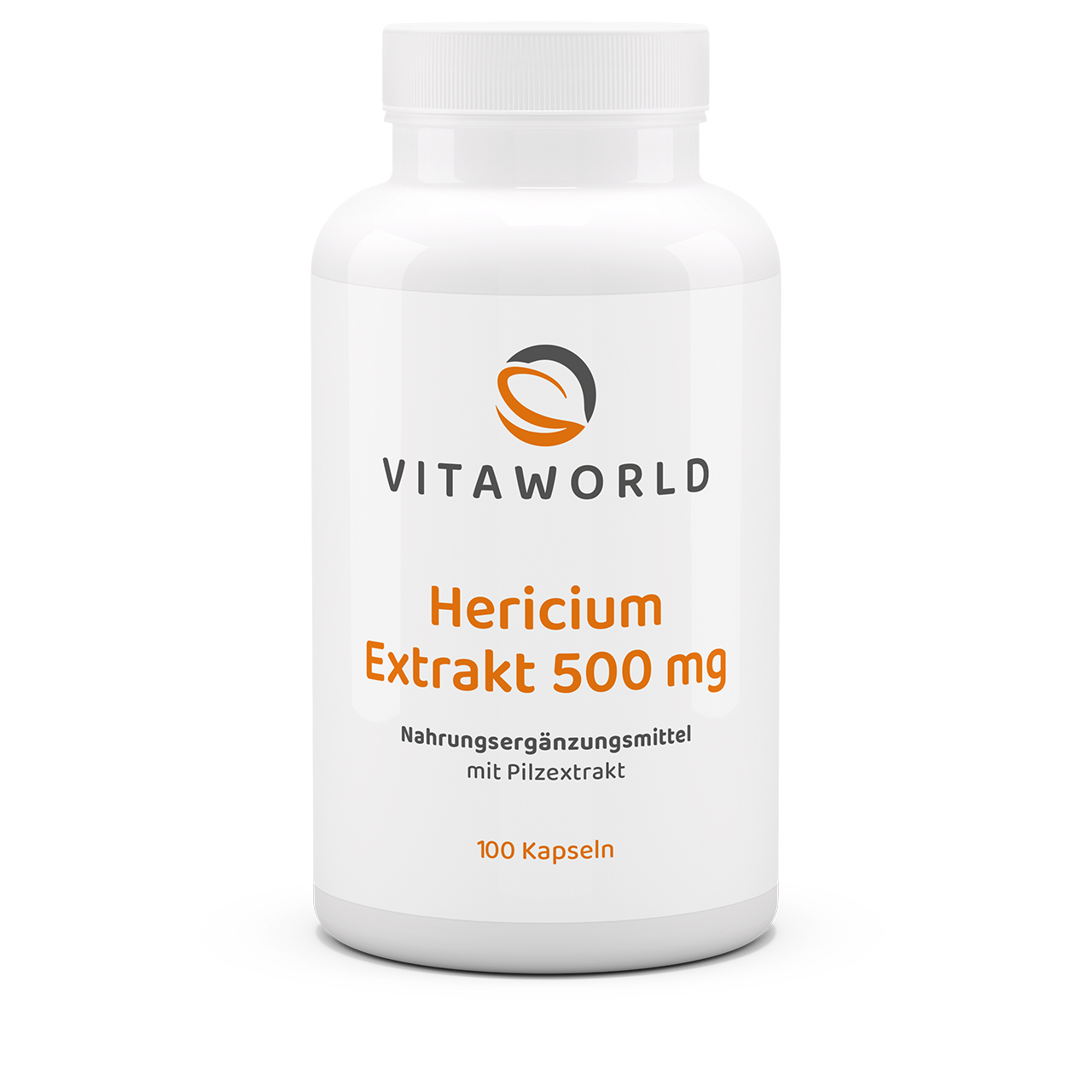
- For mindful moments – gentle plant power in pure extract form
- 500 mg Hericium extract with 30% polysaccharides – highly concentrated and powerful
- Traditional lion's mane mushroom – valued in Asian nutritional culture
Content: 0.062 Kilogramm (€320.97 / 1 Kilogramm)
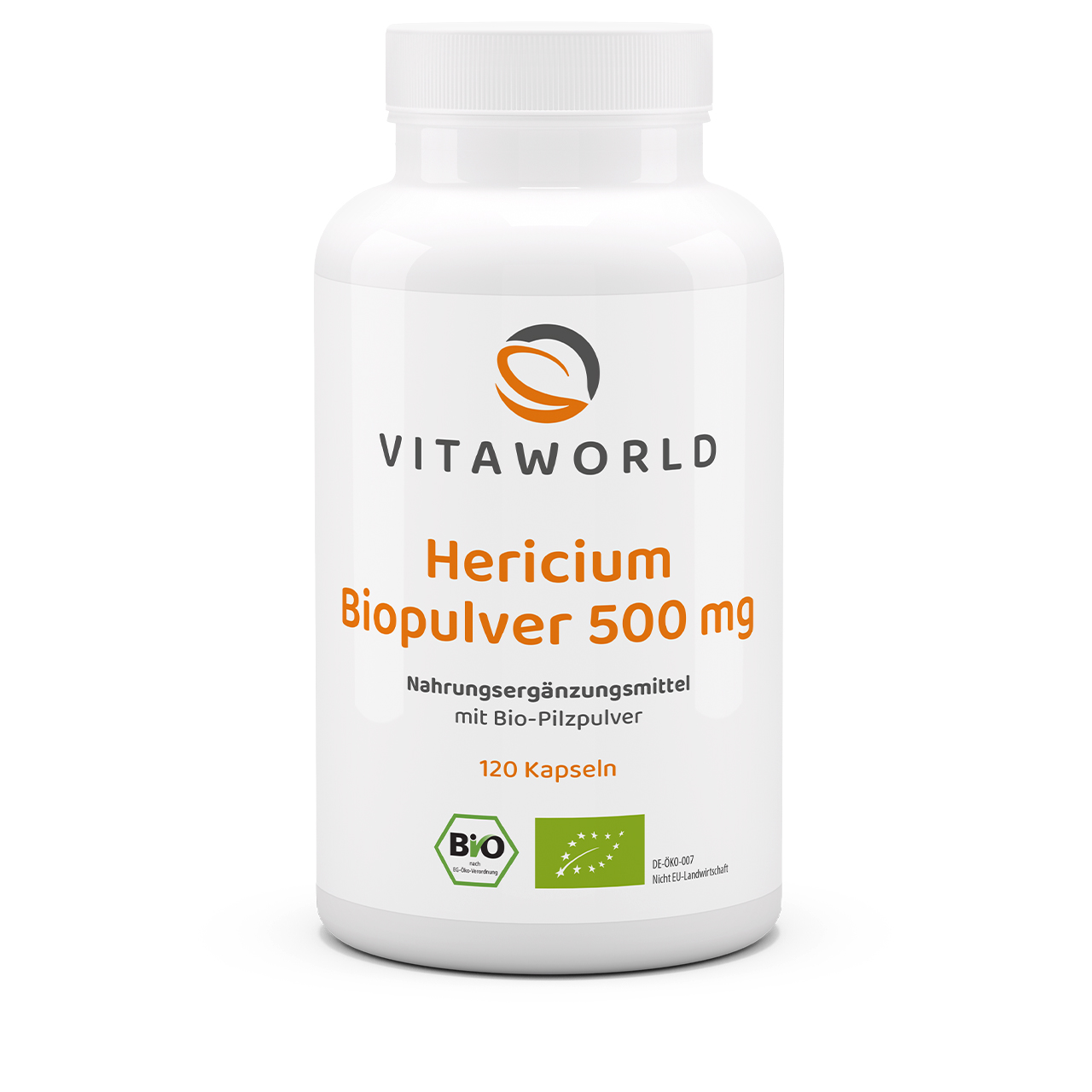
- For mindful moments – gentle, natural and exceptional in every way
- 500 mg pure organic Hericium powder – finely ground from the whole mushroom
- Traditional lion's mane mushroom – well known in Asian mycology
Content: 0.0742 Kilogramm (€295.15 / 1 Kilogramm)
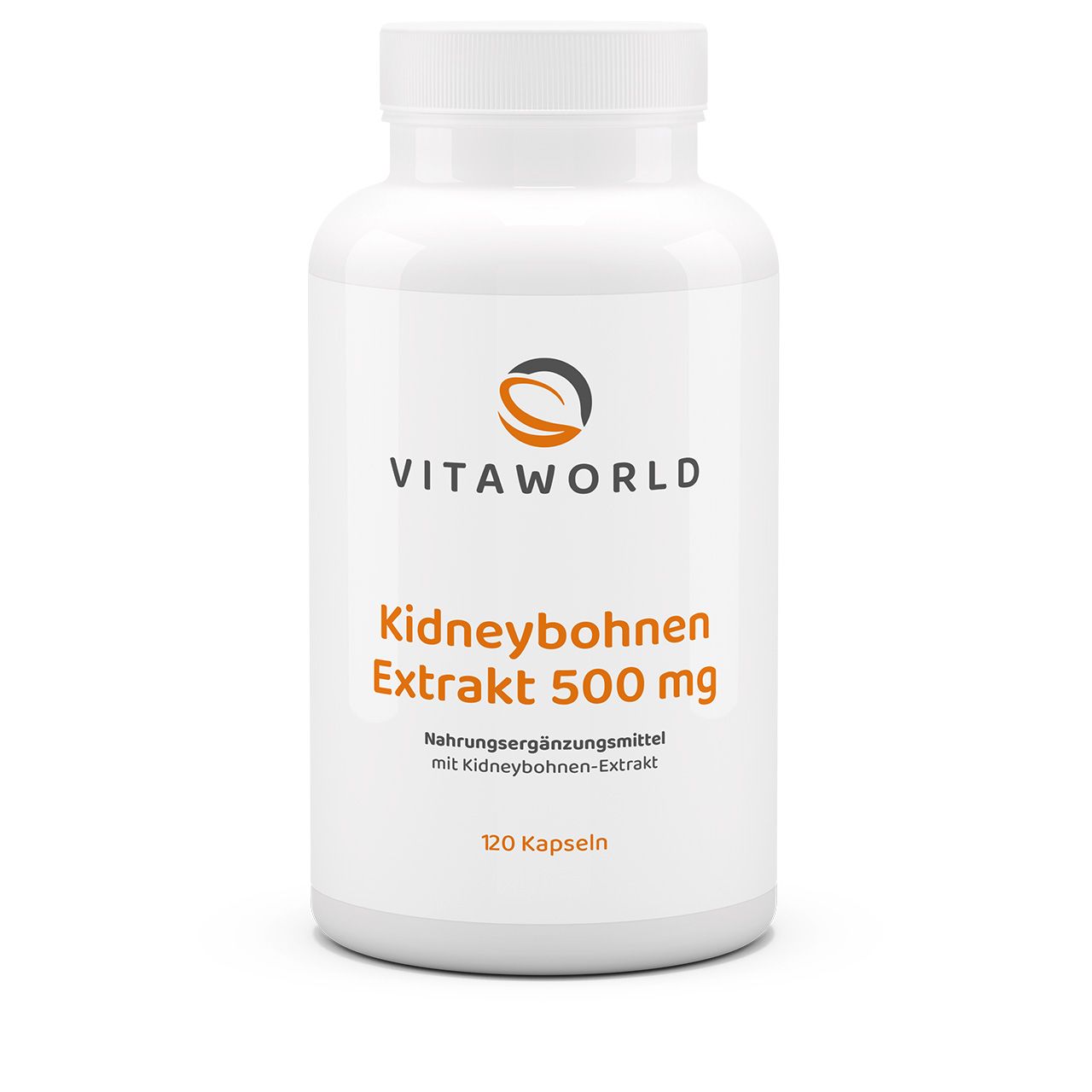
- Natural phaseolin from kidney beans – rich in fibre and protein
- Zinc contributes to normal carbohydrate metabolism
- With vitamin C – the ideal supplement for your daily diet
Content: 0.0797 Kilogramm (€174.40 / 1 Kilogramm)
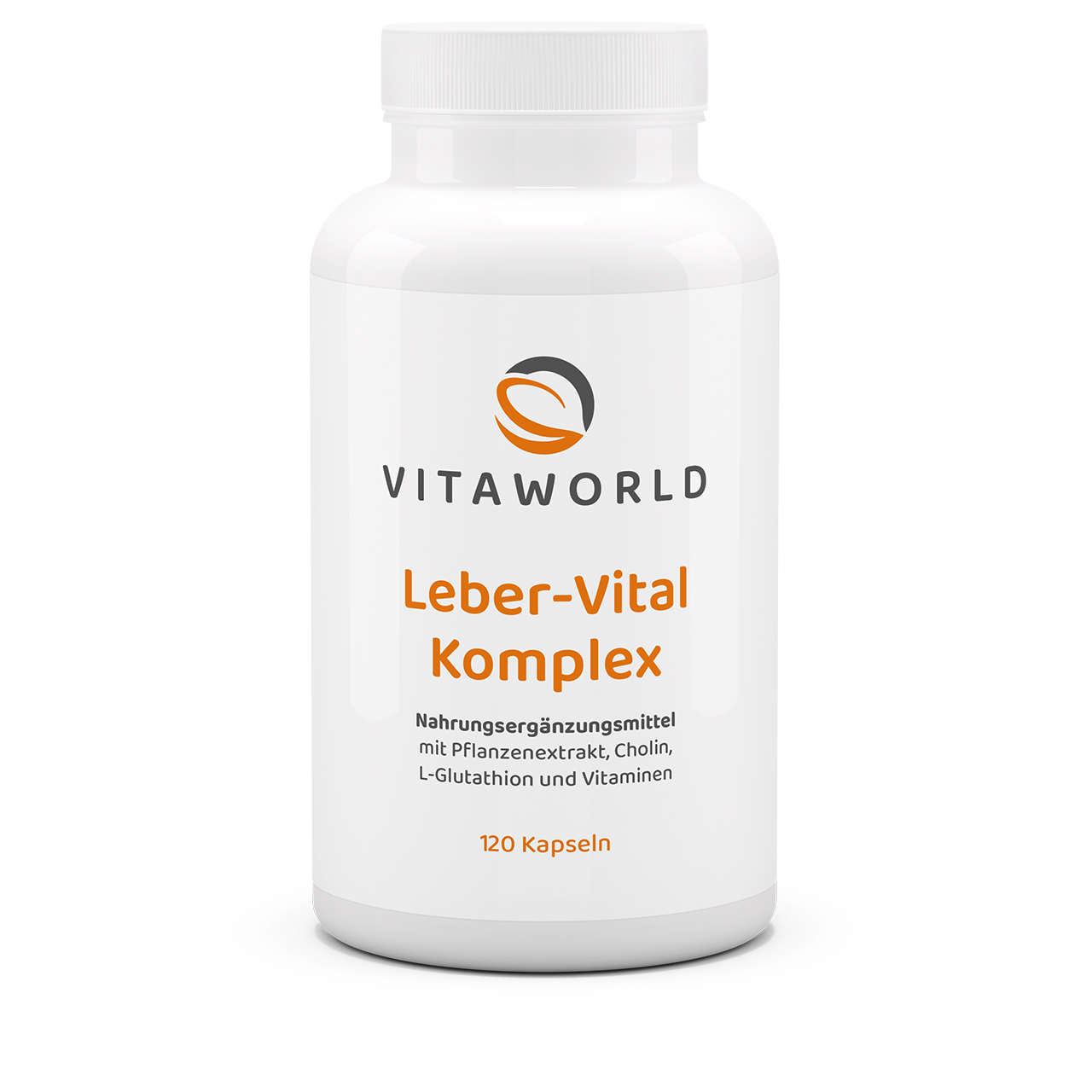
- With 400 mg silymarin from milk thistle – combined with dandelion, artichoke and more
- Choline helps maintain normal liver function
- With vitamins E, B6 and B12 – for cell protection and healthy energy metabolism
Content: 0.1014 Kilogramm (€255.42 / 1 Kilogramm)
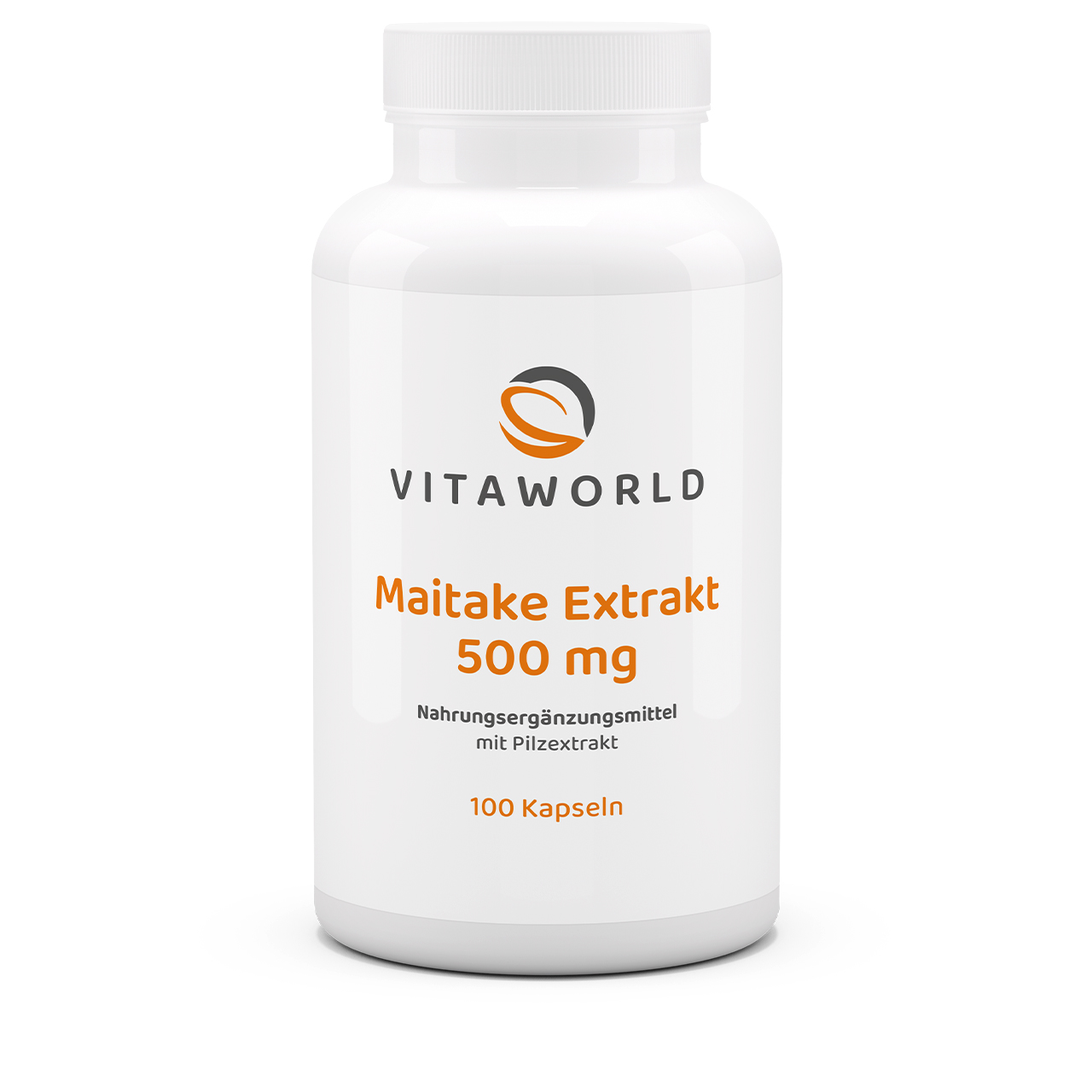
- Traditional companion for your inner balance
- With 100 mg polysaccharides – high-quality extract & carefully dosed
- Supports conscious living – naturally
Content: 0.062 Kilogramm (€320.97 / 1 Kilogramm)

- Traditional companion for your inner balance
- With 100 mg polysaccharides – high-quality extract & carefully dosed
- Supports conscious living – naturally
Content: 0.186 Kilogramm (€279.03 / 1 Kilogramm)

- 10 billion lactic acid bacteria from 10 strains per capsule – diverse & specifically combined
- Gastric juice-resistant encapsulation – for safe passage to the intestines
- With prebiotic inulin – plant-based fibre to supplement your daily diet
Content: 0.0452 Kilogramm (€396.02 / 1 Kilogramm)

- 10 billion lactic acid bacteria from 10 strains per capsule – diverse & specifically combined
- Gastric juice-resistant encapsulation – for safe passage to the intestines
- With prebiotic inulin – plant-based fibre to supplement your daily diet
Content: 0.0271 Kilogramm (€512.92 / 1 Kilogramm)
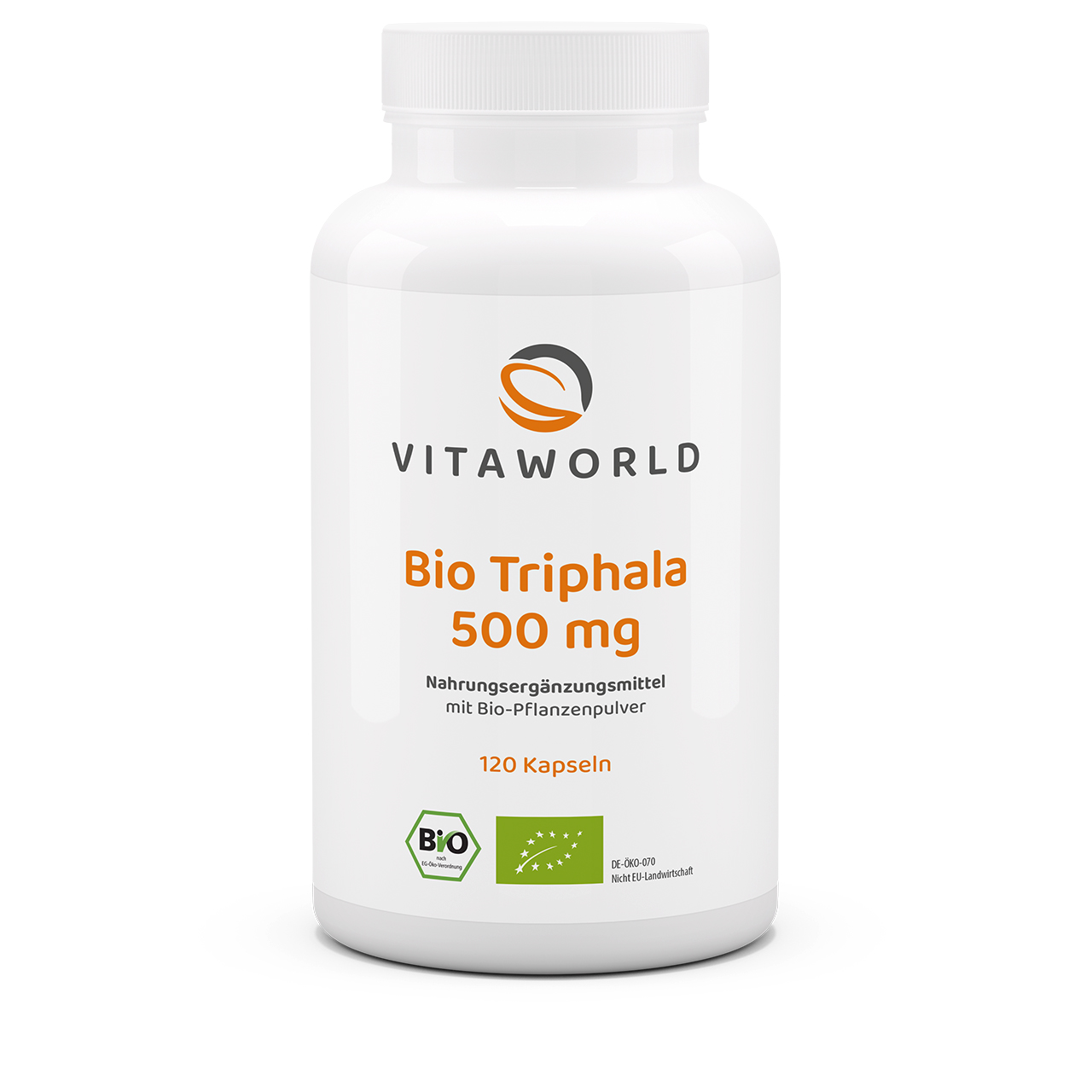
- The power of harmony – Organic Triphala 500 mg combines the traditionally valued fruits Amalaki, Bibhitaki and Haritaki
- Proven natural trio – valued for centuries in Asia
- For your balance – synergy of three fruits for a conscious lifestyle
Content: 0.0684 Kilogramm (€203.22 / 1 Kilogramm)

- 500 mg high-purity sodium propionate per capsule
- For the natural formation of propionic acid in the gut
- For anyone who wants to consciously support their inner balance
Content: 0.0714 Kilogramm (€250.70 / 1 Kilogramm)
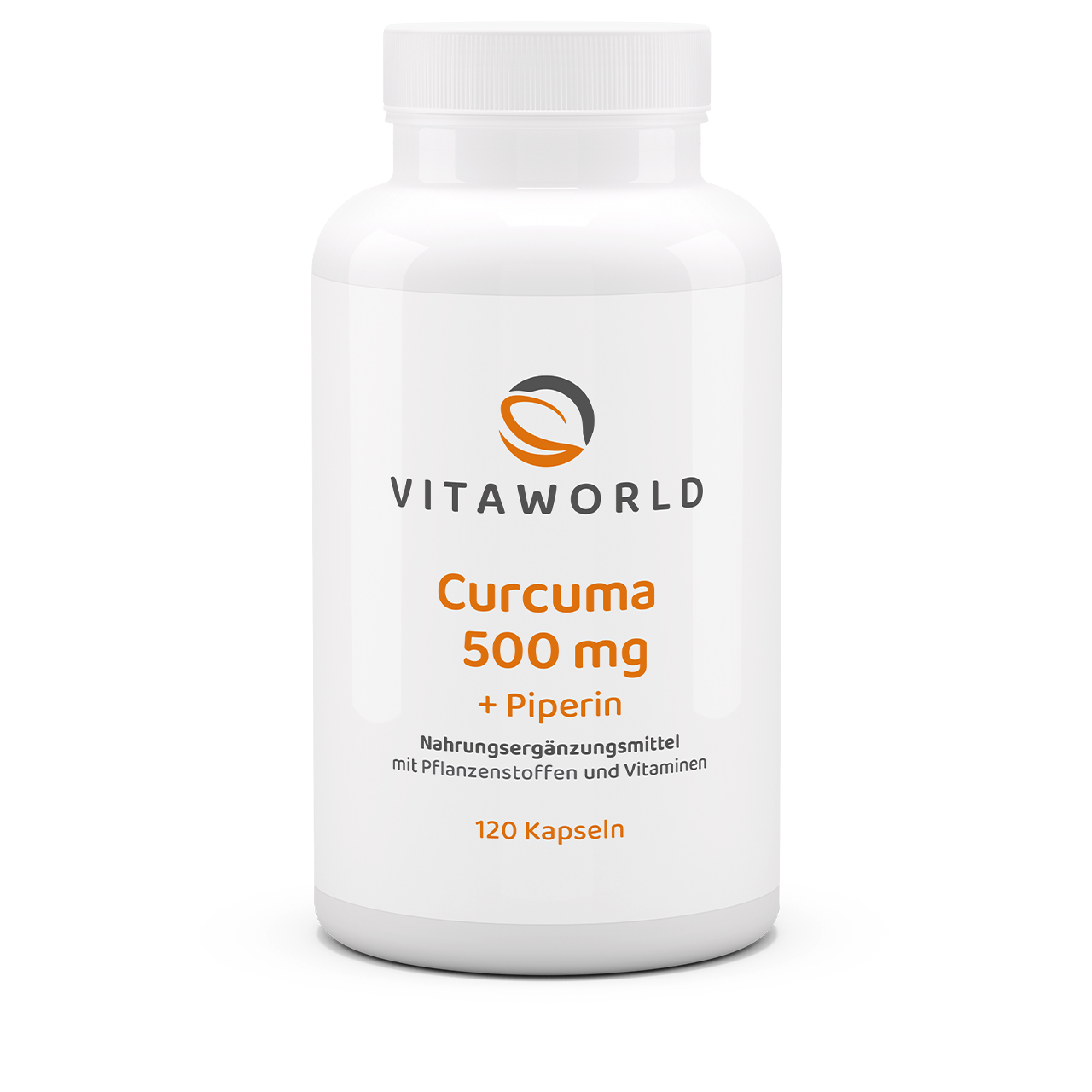
- Strong root power: 1000 mg turmeric concentrate per daily dose
- Better absorbed: With black pepper extract for improved absorption
- With vitamin B2: Helps protect cells from oxidative stress
Content: 0.0727 Kilogramm (€177.44 / 1 Kilogramm)

- Strong root power: 1000 mg turmeric concentrate per daily dose
- Better absorbed: With black pepper extract for improved absorption
- With vitamin B2: Helps protect cells from oxidative stress
Content: 0.364 Kilogramm (€142.58 / 1 Kilogramm)
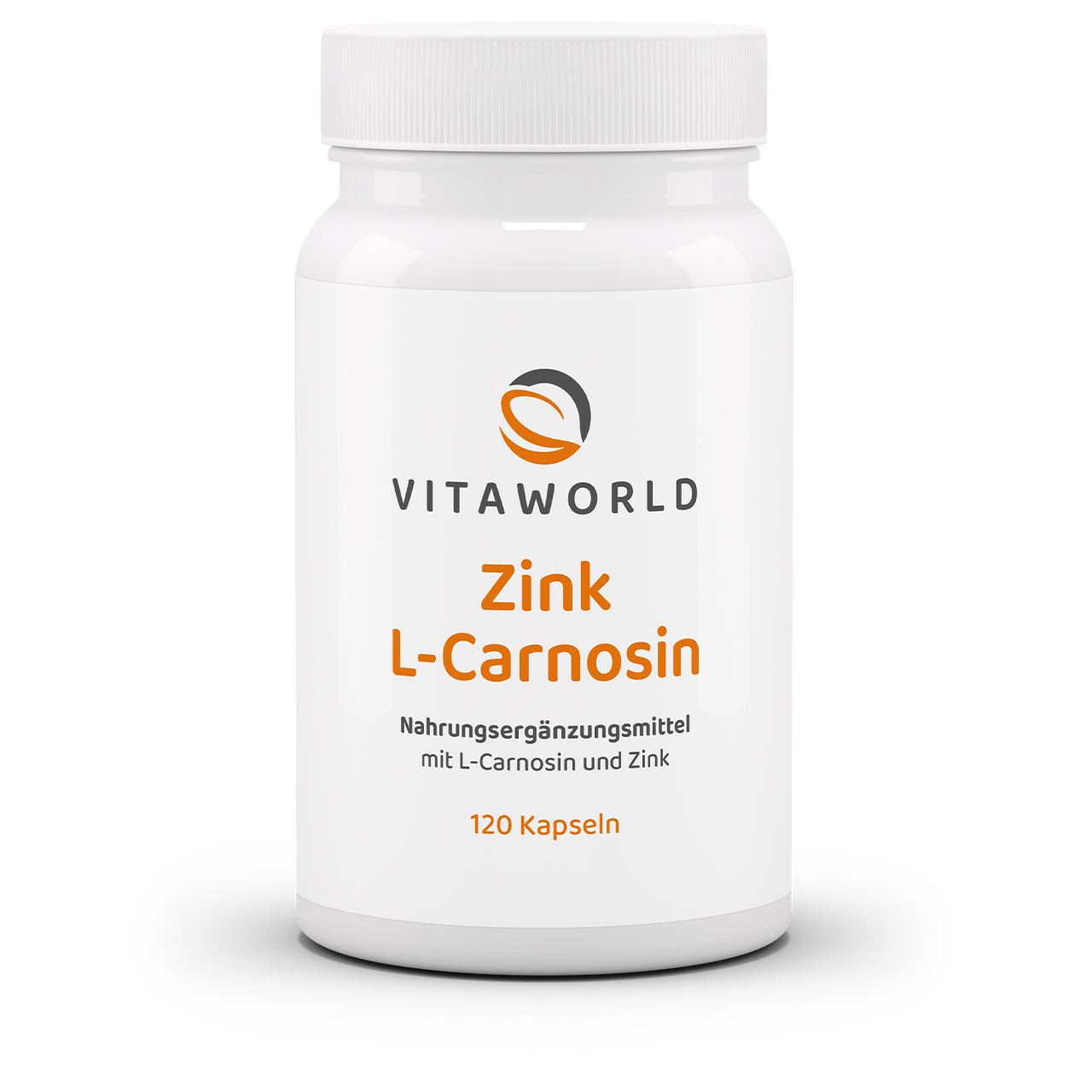
- With zinc & L-carnosine – specially formulated for sensitive areas
- Zinc helps protect cells from oxidative stress
- Gentle supplement for everyday use, nutrition & inner balance.
Content: 0.0272 Kilogramm (€1,099.26 / 1 Kilogramm)
